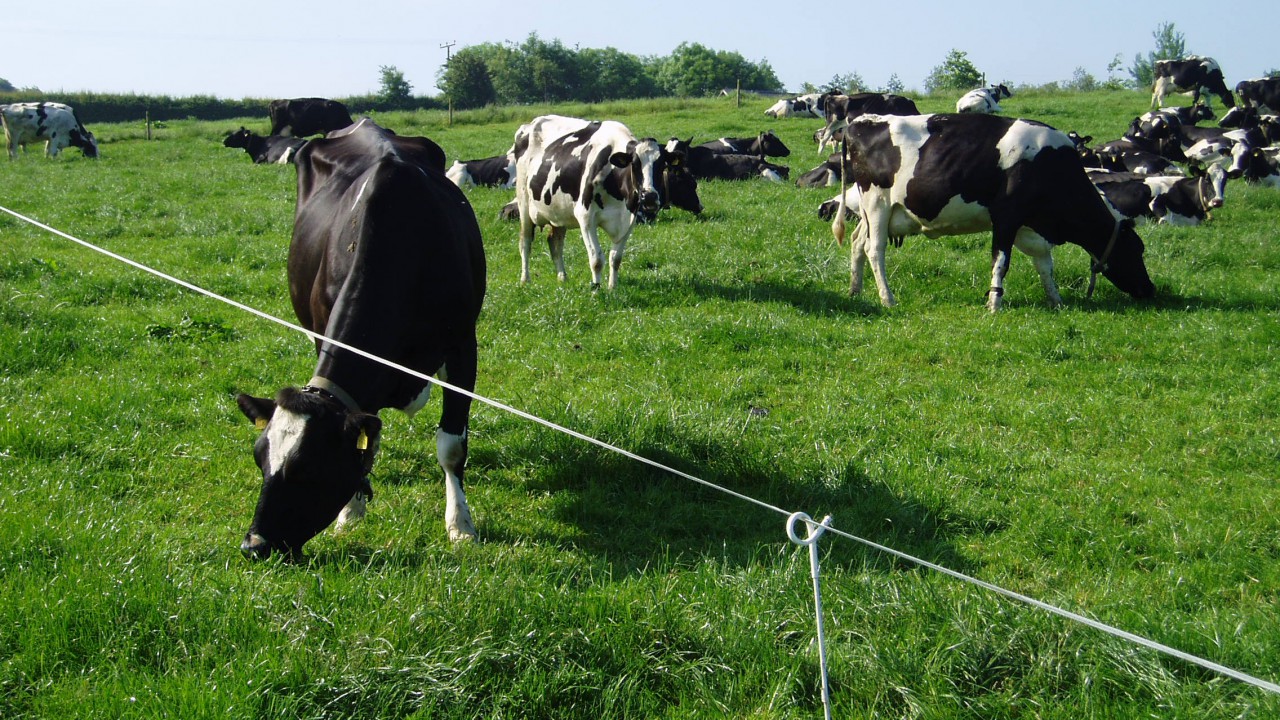The first Dairy Antimicrobial Focus report, launched by Kingshay, highlights that 79% of herds achieved the Ruma 2020 target of 21 mg/kg PCU by March 2021, with a 98% reduction in use of critically important antibiotics in the same 2018 to 2021 period.
However, it indicates an opportunity for further uptake of teat sealant use as part of selective dry cow therapy.
Report author Christina Ford explained that the report is based on a robust data set which was collected from 940 dairy farmers and 156 vet practices.
“It provides a reliable summary of trends in antimicrobial use in dairy since 2018, which will be of interest to farmers, milk processors, food industry and policy makers.
“The overall message from the report is exceedingly positive. 79% of herds met the Ruma 2020 target by March 2021, and the decline in use of critically important antimicrobials was outstanding, a drop from 1.1 mg/kg PCU in 2018 to 0.02 mg/kg PCU in 2021.”
The data collected by Kingshay shows a large amount of variation between individual herd results, which ranged from 0.28 to 87.51mg/kg PCU in 2021.
“We found that it’s not always the same herds in the highest 25% antimicrobial usage year-on-year, nor is it necessarily the same farms consistently using the lowest quantities.
“There’s also no correlation at all when looking at different herd characteristics such as yield, herd size, breed.
“This demonstrates that it’s possible to make strides in reducing antimicrobials use in any farming system,” she added.
Selective dry cow therapy is a key strategy to move from treating every cow, known as prophylactic use, to using antimicrobials only as needed.
For vet and senior clinical director at Kingshay, Tim Potter, the report shows an opportunity for increased uptake of teat sealants to protect cows from infection without antibiotics.
“The teat sealant usage in 2021 was at 0.39 courses/cow, which was below the Ruma target of 0.7 courses per cow,” said Dr Potter.
“Last year, 37% of herds were not using teat sealants at all, so there’s definitely room for improvement. Vets, farmers and wider industry need to work together to address the challenges around teat sealant use.
“Appropriate training around use of teat sealants is essential, as improper use and poor hygiene protocols can result in bacteria being trapped inside the udder, having the opposite effect on cow health and productivity.”
Dr Potter explained that vets are seeing increased demand from farmers for training in this area.
“As a result, VetPartners has invested in the training of our vets, and specific training aids to enable us to do this effectively, to ensure we’re able to support our farmers as best we can.”

